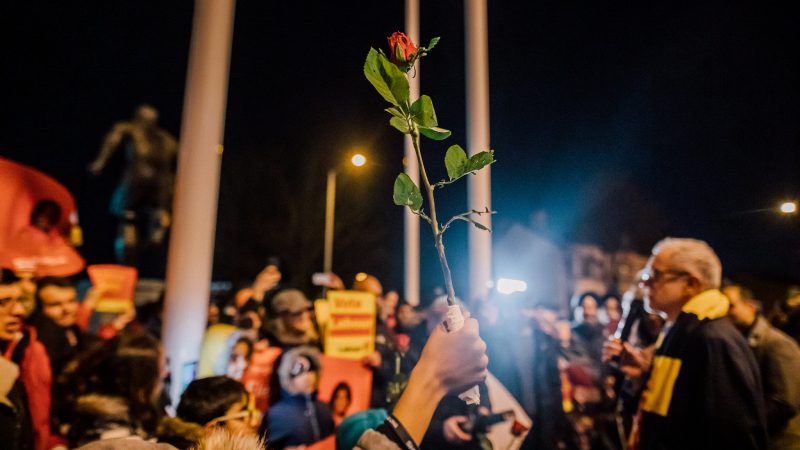
As parliament rises for the summer recess, there can be little doubt that the political challenges for the second half of 2020 are immense: worrying national security concerns over the actions of China and Russia; the continued presence of Covid-19, which is still taking the lives of hundreds of people in England every week; the threat of an overstretched NHS in the winter months if there is a second wave; rising unemployment as the furlough scheme draws to an end and the economy remains slow; and, deal or no deal, businesses and citizens face further uncertainty at the end of the year when the transition period with the EU comes to an end.
Every week at Prime Minister’s Questions, Keir Starmer exposes how ill-equipped Boris Johnson is to lead us through these challenges. But, as they say, we are where we are. While it may be a few years before the country is “under new management”, Keir made it explicit on Wednesday that the Labour Party most certainly is. And it is vital that the primary role of the official opposition – holding government ministers to account – is carried out effectively in the coming months. Political decisions taken during the next session of parliament will determine the direction of our country for the coming decade. Millions of lives, jobs and businesses are at stake.
However, if Labour is to play its part effectively – as it must – it has to get its own house in order, present a competent and united face, and demonstrate that it is indeed a government in waiting. This involves drawing a line under the traumas of recent years, so that voters who could not support us at the last general election will be confident to do so at the next. Keir has made solid progress in his first three months as leader, building a credible shadow cabinet team and making good, with deeds as well as words, on his promises during the leadership campaign. He has shown an unequivocal zero tolerance of antisemitism. He has publicly committed to cooperating fully with the Equalities and Human Rights Commission investigation, and to implementing its recommendations.
And just this week, he has made good on the promise that all leadership candidates made: to apologise to the former staff members and BBC journalist John Ware over the party’s initial response to last year’s Panorama documentary on antisemitism in the party. I don’t know about all of you, but Keir has made me proud to be a Labour member again. Whilst I and many others welcome such strong and principled leadership, not all party members have been as positive in their reactions. Now, robust disagreement is all very much part of party politics. I bear the scars of many battles over the decades, not least on the national executive committee (NEC). But at such a critical time for our country, we simply cannot afford to have a bitter, litigious and painfully public civil war if we are to curb the worst excesses of Johnson and Dominic Cummings’ dangerous Tory government.
Members of the Labour Party need to accept this political reality, or risk being seen as blinkered and self-indulgent at a time of national crisis. The voices of MPs and councillors need to be amplified on the issues that matter to the public – jobs, the economy, the Covid response, national security. Members need to unite around the issues and values that are at the heart of democratic socialism – protecting those at risk, supporting those who work hard and aspire to improve their lives, creating a more fair and equal society – essential Labour values. And in the coming weeks, members will have a practical chance to do just that, as the processes for nomination and voting in the NEC elections get underway. If we are to support Keir in rebuilding public trust in Labour as a party of government, we need an NEC that understands and reflects the public’s concerns. My time on the NEC showed me that we need a team around that table who can help and advise the leader and make sure that we can rise to the enormous challenges ahead.
Most Constituency Labour Parties will not have met in person since February or March (some may see this as a small blessing!) but much has changed since then, not least the leadership of the party. It’s time to roll up our sleeves and get working. We need party members to organise locally to support the best candidates – those who can enable the party leadership to deliver nationally. To my mind, these people are the candidates proposed by Labour To Win – Luke Akehurst, Johanna Baxter, Gurinder Singh Josan, Terry Paul, Michael Payne and Shama Tatler. People from a wide variety of backgrounds, from across the country, who have enormous experience of fighting for the very best of Labour values. If you share my desire for Labour to rebuild under Keir Starmer and take the fight to the Tories, join us in Labour to Win, and help us put Labour back on the path to power.




More from LabourList
Government abandons plans to delay 30 local elections in England
‘The cost of living crisis is still Britain’s defining political challenge’
‘Nurses are finally getting the recognition they deserve’